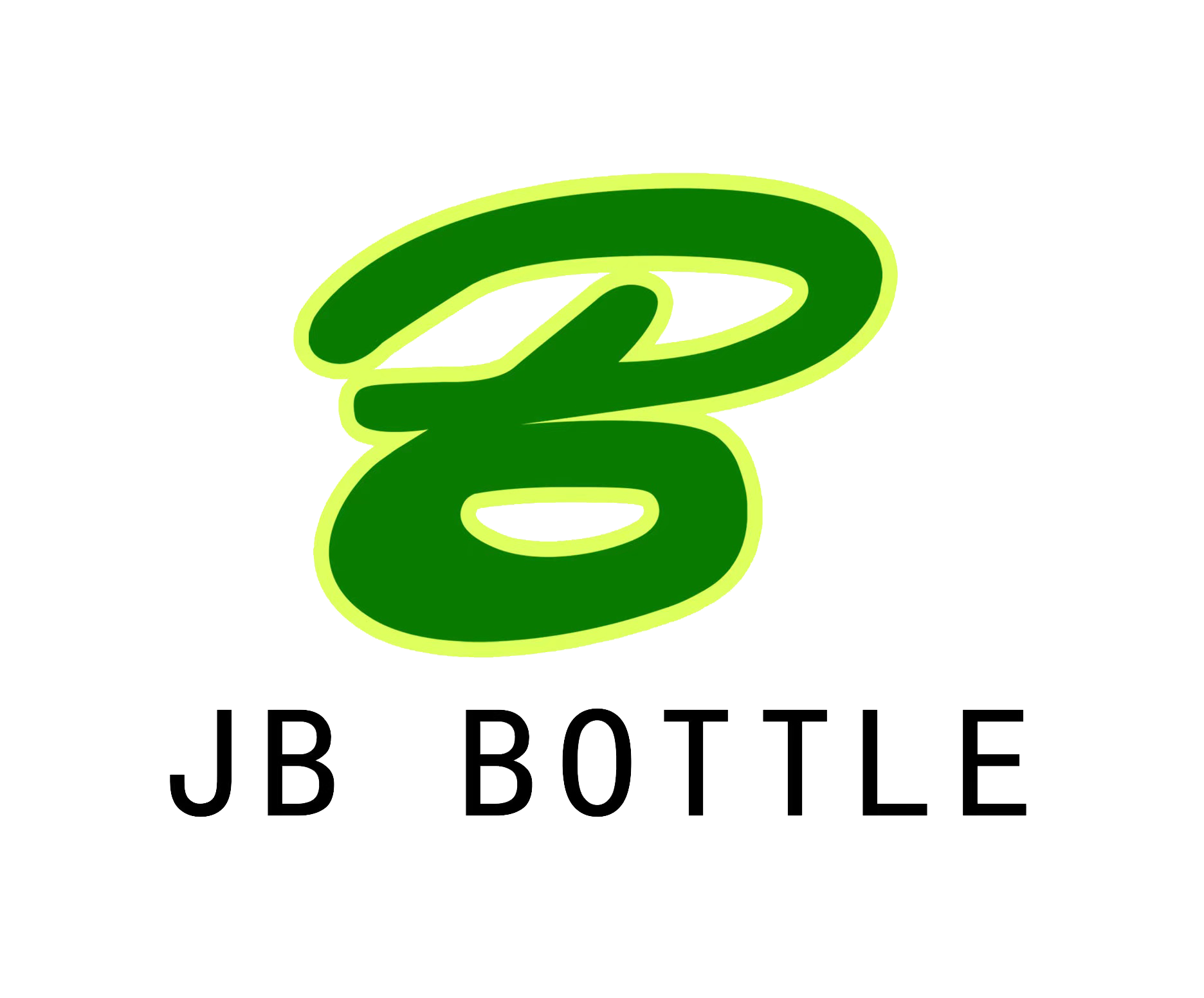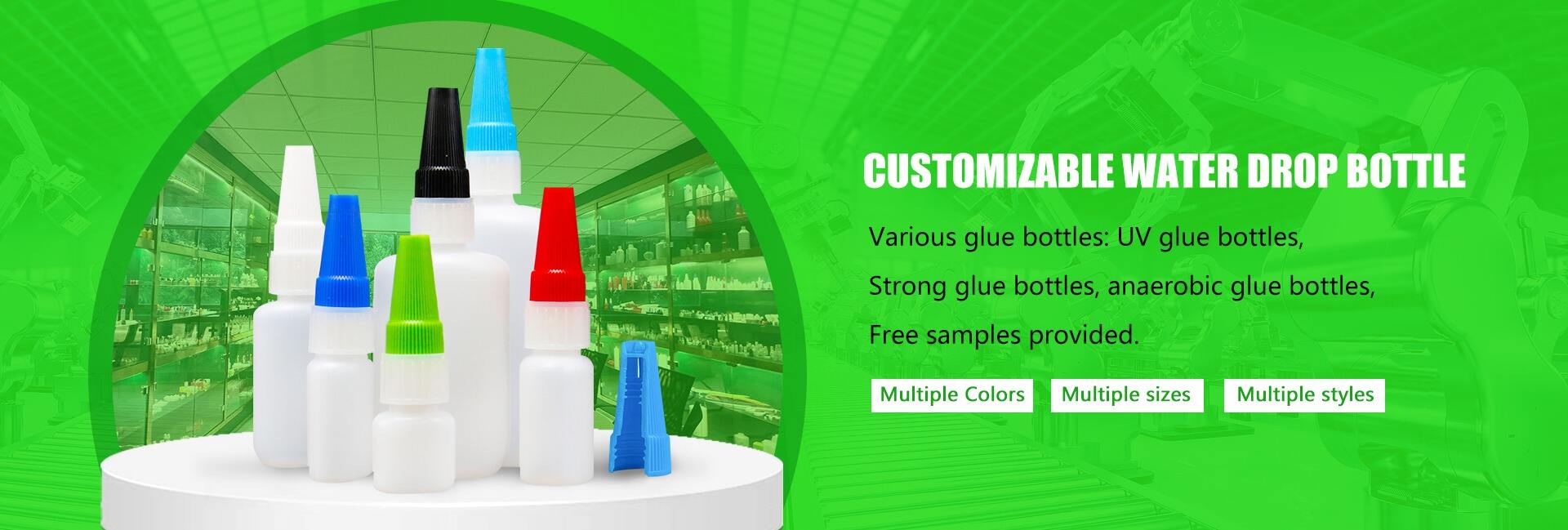Aromatherapy lovers, here's a tip! Choose plastic bottles to keep your essential oils intact.
Why Proper Storage Matters for Essential Oils
Risks of Oxidation and Degradation
Proper storage is crucial for maintaining the therapeutic properties of essential oils, which are highly susceptible to oxidation and degradation. Essential oils contain volatile compounds that can easily oxidize when exposed to air, leading to a decrease in their effectiveness. This oxidation process accelerates with poor storage conditions, potentially causing the oils to deteriorate within weeks or months. Regularly monitoring your stored oils can help identify early signs of degradation, such as changes in color, smell, or viscosity, indicating that it's time for replacement or improved storage measures.
How Light and Heat Impact Oil Potency
Light and heat significantly affect the potency and shelf life of essential oils. Exposure to ultraviolet (UV) light can degrade the chemical structure of these oils, which is why opaque or UV-protected bottles are ideal for storing them. Similarly, heat can expedite chemical reactions that compromise the oils' effectiveness and scent profile. To avoid these issues, it is best to store essential oils away from heat sources like stoves or areas with direct sunlight. By ensuring proper storage conditions, you can prolong the shelf life and maintain the potency of your essential oils.
Key Features of Plastic Bottles for Essential Oil Storage
Choosing UV-Protected and Opaque Materials
When selecting plastic bottles for essential oil storage, choosing UV-protected materials is crucial in preventing harmful light exposure. Ultraviolet rays can break down the chemical structure of essential oils, diminishing their therapeutic properties. Opaque materials further enhance protection by blocking light transmission, thus preserving oil integrity. Additionally, investing in high-quality materials prevents the leaching of harmful chemicals into the oils, ensuring that the essential oils retain their natural potency and effectiveness over time. This not only protects the oils but also ensures that users are getting the maximum benefits from their purchase.
Importance of Airtight Seals and Durable Caps
Airtight seals are non-negotiable for maintaining the potency of essential oils. These seals prevent oxygen from entering the bottle, helping to maintain the flavor and efficacy of the oils stored. Durable caps not only prevent accidental spills but also protect the contents from potential contamination when the bottles are not in use. An ideal cap design will facilitate easy dispensing while minimizing the oil’s exposure to air, ensuring that every use retains the intended aroma and therapeutic properties. For those creating essential oil blends, reliable seals and caps are essential features that ensure prolonged shelf life.
Safe Plastic Types (HDPE, PET)
The use of safe plastics like HDPE and PET is fundamental in preventing harmful chemical interactions with essential oils. HDPE (High-Density Polyethylene) and PET (Polyethylene Terephthalate) are preferred choices due to their resistance to impact and ability to withstand different temperature conditions, making them exceptionally reliable for storage. These materials ensure that oils are stored safely without any risk of contamination from the storage medium itself. Understanding these options empowers consumers to make informed choices, ensuring that their essential oils remain effective and free from unwanted chemical exposure. This knowledge is invaluable for both retailers and individual consumers purchasing essential oil bottles wholesale.
Best Practices for Using Plastic Bottles with Essential Oils
Ideal Storage Locations to Minimize Exposure
Proper storage is crucial to maintaining the quality and efficacy of essential oils. Storing essential oil bottles in a cool, dark place, such as a cabinet, helps minimize exposure to light and heat. This prevents oxidation and ensures the oils retain their therapeutic properties. Furthermore, avoiding storage locations with high humidity can preempt issues like mold or condensation that may compromise the oils. By designating a specific area for your essential oils, you can maintain an organized setup that offers easy access without sacrificing quality, leading to an efficient use of time and resources.
Monitoring and Replacing Compromised Containers
Regular monitoring of plastic bottles used for essential oils is vital for preventing contamination and exposure. Look out for cracks or signs of wear that could compromise the oil's purity. Understanding the lifespan of your oils and bottles can aid in deciding when replacements are necessary, ensuring uncompromised storage. Additionally, maintaining documentation of purchase dates allows for effective tracking of when each oil or container should be evaluated for quality assurance. This proactive approach not only safeguards the efficacy of your essential oils but also ensures that your investments in them remain secure.
When to Opt for Glass Instead
Choosing glass containers instead of plastic can be beneficial for specific essential oils, particularly those sensitive to chemical reactions with plastics. Glass is inert, providing superior protection against contamination and preserving the oils' shelf life longer. Additionally, glass bottles offer diverse packaging designs, appealing aesthetically to consumers who value presentation along with functionality. For those who mix their blends or prefer knowing their essential oils are stored securely from leaching substances, glass presents a viable option, offering peace of mind in maintaining oil purity.


